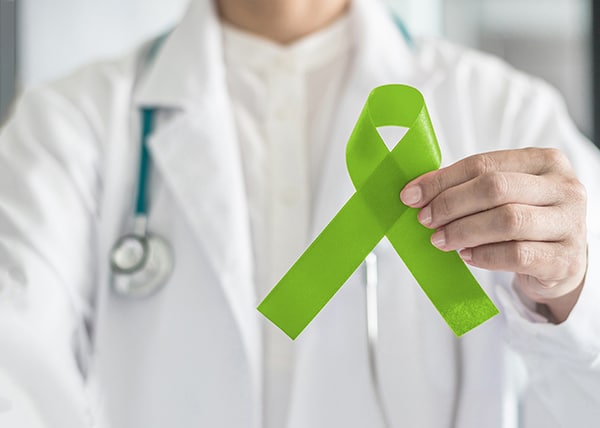Bi-polar disorder got back in the news earlier this year when Mariah Carey revealed her battle with this mental disorder over many years.
First just a few words about terminology. I wrote recently about the use of words in the field of mental disorder and how our use of language changes over time. You may have heard the term manic-depression or manic-depressive illness, well that today is what we call bi-polar disorder.
Singer Mariah Carey received a diagnosis of Bipolar 2 about 12 years ago. We’re getting into the detail of diagnosis now but people with a diagnosis of Bipolar 2 will have experienced a period of severe depression, as well as Hypomania. This is a less severe form of mania than would be experienced by someone who has a diagnosis of Bipolar 1.
Highs and lows
Mania means experiencing ‘highs’. So you might be more excitable, over confident, find difficulty sleeping or concentrating. There are degrees of mania and more severe mania can involve jumbled up thinking, believing you have special influence over events, and spending money you haven’t got. All forms of mania can have a disabling impact on your life and family and friends around you. At the other end of the pole in bipolar disorder is the experience of feeling low or depressed that can include being tearful, lacking self-esteem, and feeling guilty about bad things that have happened.
Seeking help
So what helped and hindered Mariah Carey in her journey with Bipolar disorder? The first was acknowledging she had a mental health problem and needed to seek help with it. For someone who is experiencing periods of feeling confident and even elated, these may be thoughts you are enjoying. The impact will be on people around you. Secondly Mariah Carey was able to get help that worked. In terms of treatment that has worked for her, you will find familiar headings in the QCS policies and procedures for a variety of mental health problems.
- Medication – that can stabilise people’s mood
- Self-help – this might include learning to recognise early warning signs of becoming ‘high’ and when and how to seek professional support
- Psychological treatments – these might include talking therapies to help manage the symptoms
- Lifestyle changes – that might include more exercise and healthy eating
There are plenty of sources of information on the disorder, and you’ll find references to these in the QCS Policy and Procedure on Bi-polar disorder.






